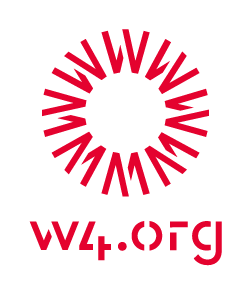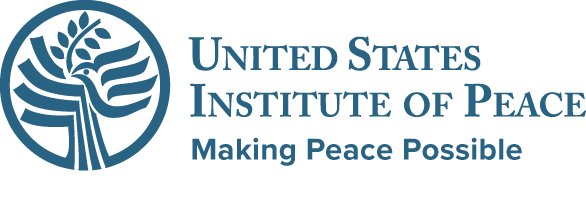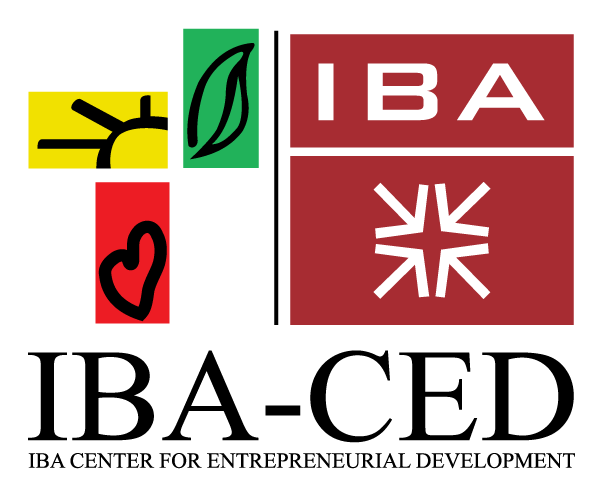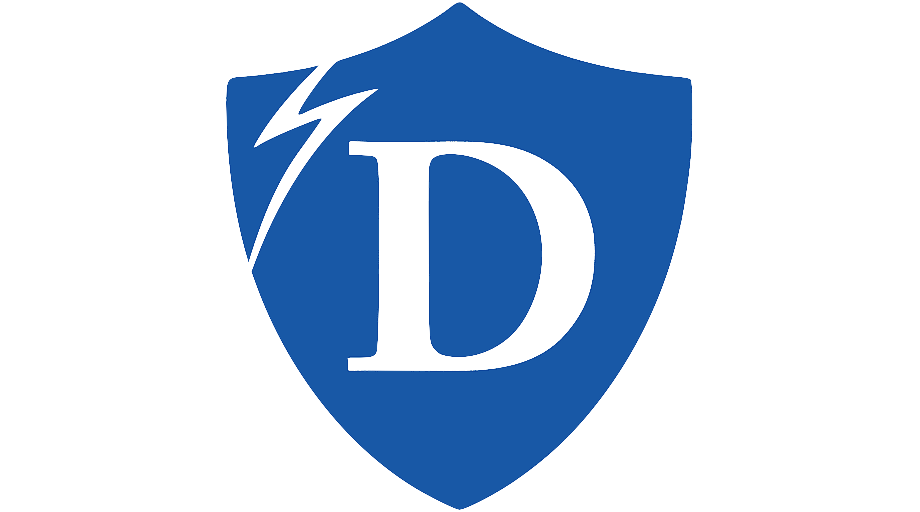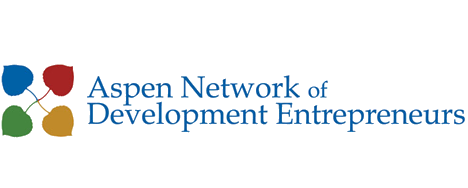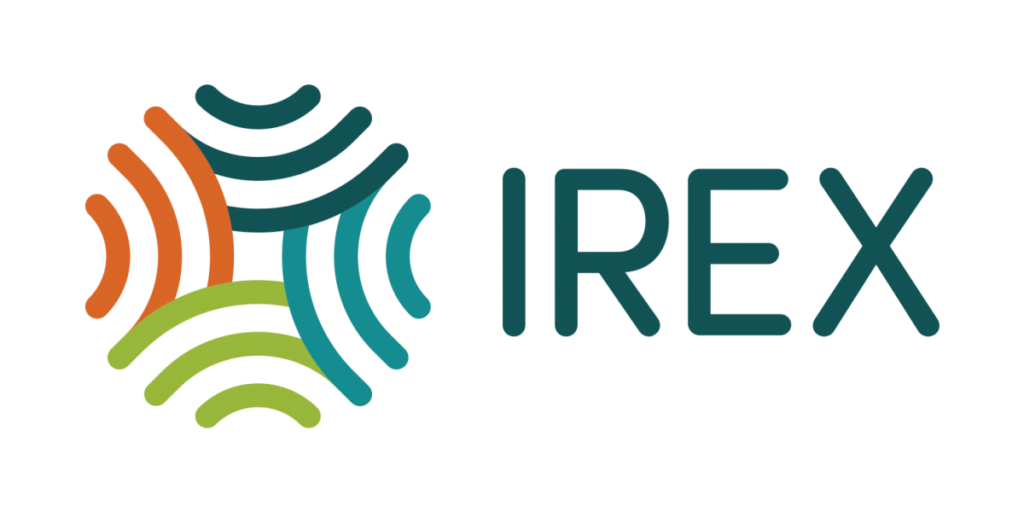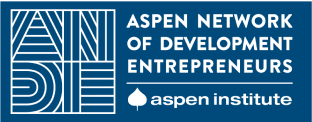Greater Good Accelerator
Welcome to the Greater Good Accelerator, a transformative 14-week program designed to empower women entrepreneurs, community influencers, and leaders in Pakistan to drive meaningful social impact. Our blended-learning accelerator combines curated curriculum, group coaching, and hands-on support to equip women with the skills and resources needed to build or scale their 'Greater Good' projects.
14 WEEKS | BLENDED LEARNING | SOCIAL IMPACT
Program Overview
Our Greater Good Accelerator is a 14-week program that empowers individuals to drive social change. The comprehensive curriculum covers social innovation, leadership, and entrepreneurship, and provides the knowledge and tools needed to lead transformational change in communities. Through this program, participants gain a deep understanding of how to identify social challenges and design impactful solutions, mobilize resources, and measure impact. The program goes beyond theory, offering personalized group coaching and hands-on support to help participants implement their projects effectively. Whether launching new initiatives or scaling existing ones, our community-based impact fund provides financial support to turn visions into reality. Our program is part of a vibrant community of women leaders committed to making a positive difference in the world.
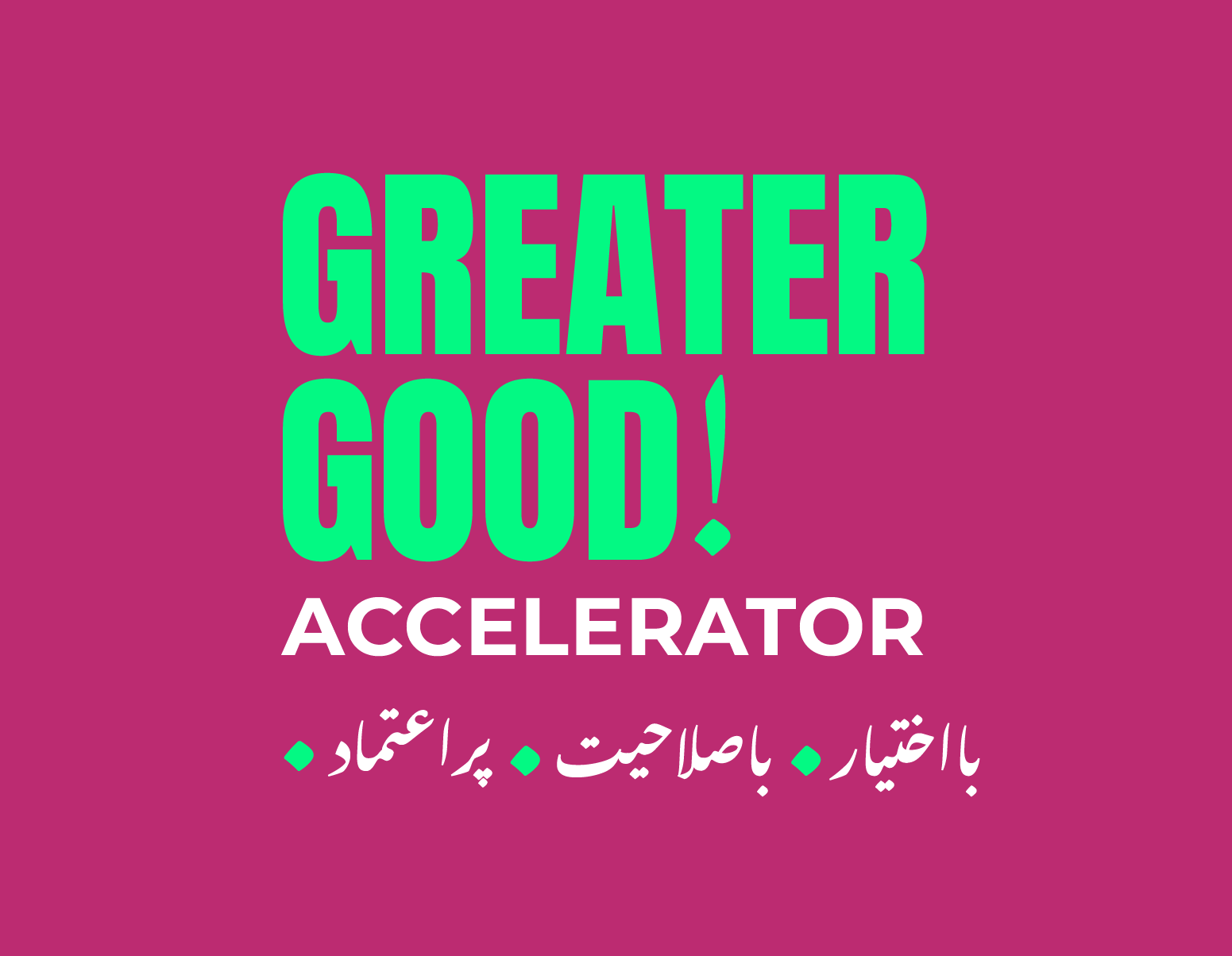
What’s Included

14 weeks of blended learning

Chance to win up to $1000 for Community Impact project implementation

15+ hours of video content with 20+ lessons
and much more!
Want To Know More?
Reach out to faiza@caterpillhers.com
Who is this program for?

Visionary Entrepreneurs
You're a driven entrepreneur with a passion for social impact, ready to launch or scale a business that addresses pressing social issues and creates lasting change.

Community Mobilizers
You're a catalyst for change, mobilizing resources and building coalitions to address community needs and drive positive social transformation.

Emerging Leaders
You're a rising leader committed to making a difference, seeking the skills and support to amplify your impact and lead effective social change initiatives.

Social Innovators
You're a creative problem solver, dedicated to finding innovative solutions to complex social challenges and driving sustainable change at the grassroots level.
What’s Included

Expert workshops and sessions

15+ hours of video content

100% Free of Cost*

Access to CaterpillHers Academy

Bi Monthly Coaching Sessions

Expert-vetted curriculum in Urdu
Module 01: Entrepreneurship
This lesson outlines the first module in which we will learn about the essentials of social entrepreneurship, including crafting mission and vision statements, defining target audiences, and developing revenue and marketing strategies. Through practical guidance, we will gain the skills to drive impactful ventures addressing societal challenges.
This lesson introduces the concept of social entrepreneurship and what it entails to be a social entrepreneur. We will explore Profits with Purpose and examine notable examples of local and international social enterprises.
This lesson explains how to refine your business vision and mission statement to shape them into impactful guiding principles. We will learn to identify and articulate our business’s core challenges, devise solutions, and convert our entrepreneurial ambitions into actionable plans for success.
This lesson helps us understand how to determine our market size by expanding on the concepts of Total Addressable Market (TAM), Served Available Market (SAM), and Serviceable Obtainable Market (SOM). Additionally, we will also learn how to segment our market and define our target customers.
This lesson delves into the theory of change, exploring its significance for social enterprises. We will examine why it is crucial for driving impact and provide a step-by-step guide on how to build an effective theory of change for your organization.
This lesson explores the concept of business models, outlining the recommended format and providing examples of successful models. Additionally, it highlights common pitfalls to avoid, such as including excessive detail, insufficient detail, and relying on unproven business models.
This lesson concludes the first module, which covered the fundamentals of social entrepreneurship. This included crafting mission and vision statements and defining target audiences We also learned how to construct an effective theory of change and develop business models.
Module 02: Social Innovation
This lesson provides an overview of the second module, covering the fundamentals of social innovation, including processes, key competencies, ideation, design thinking, mapping tools, measuring tools, and case studies of Sehat Kahani and Goodr.
This lesson explores the concept of social innovation and its importance in addressing societal challenges. We will delve into the process of social innovation, breaking down each step and examining its key elements.
This lesson covers the essential skills for social innovation, including observational and listening skills, analytical abilities, problem-solving techniques, goal orientation, resourcefulness, strategic thinking, and effective communication.
This lesson focuses on ideation techniques and design thinking methodologies tailored for social innovation. It will guide you through the steps necessary to validate your social innovation ideas, ensuring they are practical and impactful.
This lesson delves into key tools for social innovation, including journey mapping, systems mapping, and creating user personas. We will also explore the theory of change, providing a comprehensive framework for understanding and driving social impact.
This lesson underscores the importance of measuring social innovation, highlighting its necessity in understanding impact. We will explore the concept of "impact" and delve into effective methods for measuring social innovation, including strategies for data collection.
This lesson highlights social innovation through two case studies: Sehat Kahani, a Pakistan-based social impact enterprise, and Goodr, a digitally driven food management company based in Atlanta, US. We will explore their stories, goals, and impact to understand how social innovation operates.
This lesson wraps up the second module which offered a comprehensive dive into social innovation essentials. Topics included processes, competencies, ideation, and design thinking, with practical insights from case studies like Sehat Kahani and Goodr.
Module 03: Diversity, Equity, & Inclusion
This lesson introduces the concepts of the third module, which covers Diversity, Equity, and Inclusion (DEI). It includes understanding the significance of DEI, disability awareness, fostering inclusion, unconscious bias, cultural competence, and creating culturally competent teams.
This lesson explains Diversity, Equity, and Inclusion (DEI), dissecting each concept individually and providing concrete examples for clarity. Through illustrative examples, we will gain a deeper understanding of the importance of DEI in fostering a more equitable and inclusive society.
This lesson explores various types of diversity, encompassing gender, cultural, racial, physical abilities, religious, and age diversity. We will gain insights into the unique perspectives and experiences that each type of diversity brings, cultivating a more inclusive understanding of diverse identities within organizations and communities.
This lesson focuses on disability awareness, providing insights into diverse disability experiences and real-life examples. We will explore the importance of disability awareness, including recognizing both hidden and visible disabilities. Additionally, practical guidance will be offered to discuss disability in various contexts effectively.
This lesson discusses the concept of inclusion, intentional inclusion, and the traits of inclusive leaders. It also covers the importance of inclusion and fostering inclusive environments within organizations.
This lesson delves into the topic of bias, understanding its definition, and exploring unconscious or cognitive biases. Through concrete examples, we will identify various types of unconscious biases and learn effective strategies for addressing and mitigating unconscious bias in our personal and professional settings.
This lesson is dedicated to understanding the essence of cultural competence, and its significance in fostering inclusive environments. We will learn practical strategies for building this essential skill to navigate diverse cultural landscapes with sensitivity and respect.
This lesson summarizes the main points from the third module. We discussed Diversity, Equity, and Inclusion (DEI) and its significance, covering various types of diversity, disability awareness, inclusion, unconscious bias, and cultural competence to build practical skills for fostering an inclusive environment in our communities.
Module 04: Gender Sensitivity
This lesson overviews the fourth module on gender sensitivity in the workplace, emphasizing its significance and offering examples of gender-sensitive practices. Topics include gender and social structures, microaggressions, bystander intervention, gender-sensitive communication, harassment, and employee rights in Pakistan, etc.
This lesson covers gender sensitivity in the workplace, including its definition, and significance. We will also take a look at practical examples of gender-sensitive practices for creating inclusive work environments.
This lesson focuses on gender as a key social structure, discussing gender structure theory and why comprehending gender as a social structure is crucial. It will also provide practical strategies for avoiding gender bias in personal and professional contexts.
This lesson is dedicated to the concept of microaggressions, particularly focusing on gender-based microaggressions. It will provide practical guidance on how to effectively respond to microaggressions, along with strategies for preventing them in the workplace.
This lesson introduces bystander intervention, outlining the 5 D's: Distract, Delegate, Document, Delay, and Direct. Through this lesson, we will develop the skills and confidence to intervene constructively when witnessing harmful behaviors and promote safety and respect in various contexts.
This lesson explores gender-sensitive communication, focusing on principles for using inclusive language and avoiding gender stereotypes. We will learn about the inclusivity scale in language that will help foster skills to communicate effectively and respectfully in diverse contexts.
This lesson explains workplace safety as well as workplace harassment and bullying. We will discuss various types of harassment and provide multiple examples to help recognize them. Lastly, we will explore employee rights in Pakistan and how to promote a safe and respectful workplace.
This lesson covers key points from the fourth module, exploring gender sensitivity in the workplace and its importance. Topics included gender as a social structure, microaggressions, bystander intervention, gender-sensitive communication, and implementing workplace safety to promote a respectful work environment for everyone.
Module 05: Leadership for Impact
This lesson outlines the topics of the fifth module We will cover entered leadership, essential communication skills, emotional intelligence, productivity, growth mindset, and building a supportive network. We will dissect each topic's components and strategies to enhance our leadership abilities and foster a supportive team environment.
This lesson focuses on understanding what centered leadership is and its different parts which include meaning, framing, connecting, engaging, and energizing. We will delve into the significance of each aspect and learn strategies to embody centered leadership and inspire others.
This lesson delves into the significance of communication skills for leaders. It covers the meaning of leadership communication, various leadership communication models, 10 essential leadership communication skills, and offers tips for enhancing leadership communication skills.
This lesson explores emotional intelligence, its importance, elements, and practical strategies for development. We will discover how to cultivate emotional intelligence, to enhance our ability to navigate emotions and foster healthier relationships.
This lesson covers leading productive teams, including understanding productivity and efficiency, identifying characteristics of productive teams, and exploring practical strategies for increasing team productivity.
This lesson explains the growth mindset, examining its key differences from the fixed mindset. We will explore the profound impact and benefits of embracing a growth mindset and learn how to cultivate this transformative mindset shift.
This lesson is dedicated to the concept of building a tribe, exploring its meaning, and the various steps for establishing tribes in both physical and online settings. We will analyze three case studies of online tribes and examine the key elements that contribute to creating an inspiring tribe.
This lesson concludes the fifth module in which we covered diverse aspects of effective leadership and team dynamics. We discussed centered leadership, communication skills, emotional intelligence, productivity, growth mindset, and network building.
Module 06: Building Community Resilience
This lesson gives an overview of the sixth module in which we will explore social resilience and the importance of countering violent extremism. We will also discuss the impact on women and their role in prevention and the use of technology and dialogues for combating extremism, emphasizing the vital role of dialogue in peacebuilding.
This lesson is dedicated to the concept of resilience. We will explore different types of resilience, specifically social resilience. The lesson will attempt to answer why resilience matters and what it means to be a resilient community. We will also explore some ways to build community resilience.
This lesson is based on Preventing and Countering Violent Extremism. It defines violent extremism and explores the factors that can lead individuals towards it. We will cover ways to understand violent extremism, and its impacts, provide examples, and discuss its connection to mental health. Finally, we will explore methods to integrate PVE into our work.
This lesson outlines the specific impact of violent extremism on women. We will cover early signs and common circumstances that make women disproportionately susceptible to violent extremism, making it crucial to integrate gender into PVE. Lastly, we will discuss measures to support women in PVE.
This session examines technologies utilized in preventing and countering violent extremism. We will explore the role of citizen journalism, digital storytelling, and online communities in promoting awareness, fostering dialogue, and combating extremist narratives.
This lesson focuses on dialogue as a tool for peacebuilding. Participants will learn active listening techniques, discerning dialogue from debate, and practical strategies for initiating peace dialogues within communities.
This lesson summarizes the sixth module in which we explored social resilience, counteracting violent extremism, and fostering peace through dialogue. We also learned strategies for building resilient communities and preventing extremism, including the role of women, technology, and active dialogue.
Sponsors and Partners
Frequently Asked Questions (FAQs)
Yes and No. CaterpillHERs programs are designed like online courses but they are deeper and more meaningful than any other online course. We call them an accelerator that includes accumulated training sessions, masterclasses, expert workshops, group coaching and 1:1 mentorship, all combined with online curriculum that you watch at your own pace.
Yes, the accelerator would only be beneficial for those who are 100% committed to learning and implementing what we teach. If you already have a skillset and some knowledge about freelancing, it’s definitely a plus.
On average, a participant will spend 5-7 hours per week to meet the requirements.
Once you have filled out the form, the program team reviews your application and contacts you for a screening interview which will be stage 2 of the application process.
Yes. We release blockchain certificates with no expiration date which you can add to your portfolios.
No, you will continue to have lifetime access to the course.
Absolutely! After graduating from the program, you will forever be in our hearts and our alum community!
Always feel free to email us at faiza@caterpillhers.com

